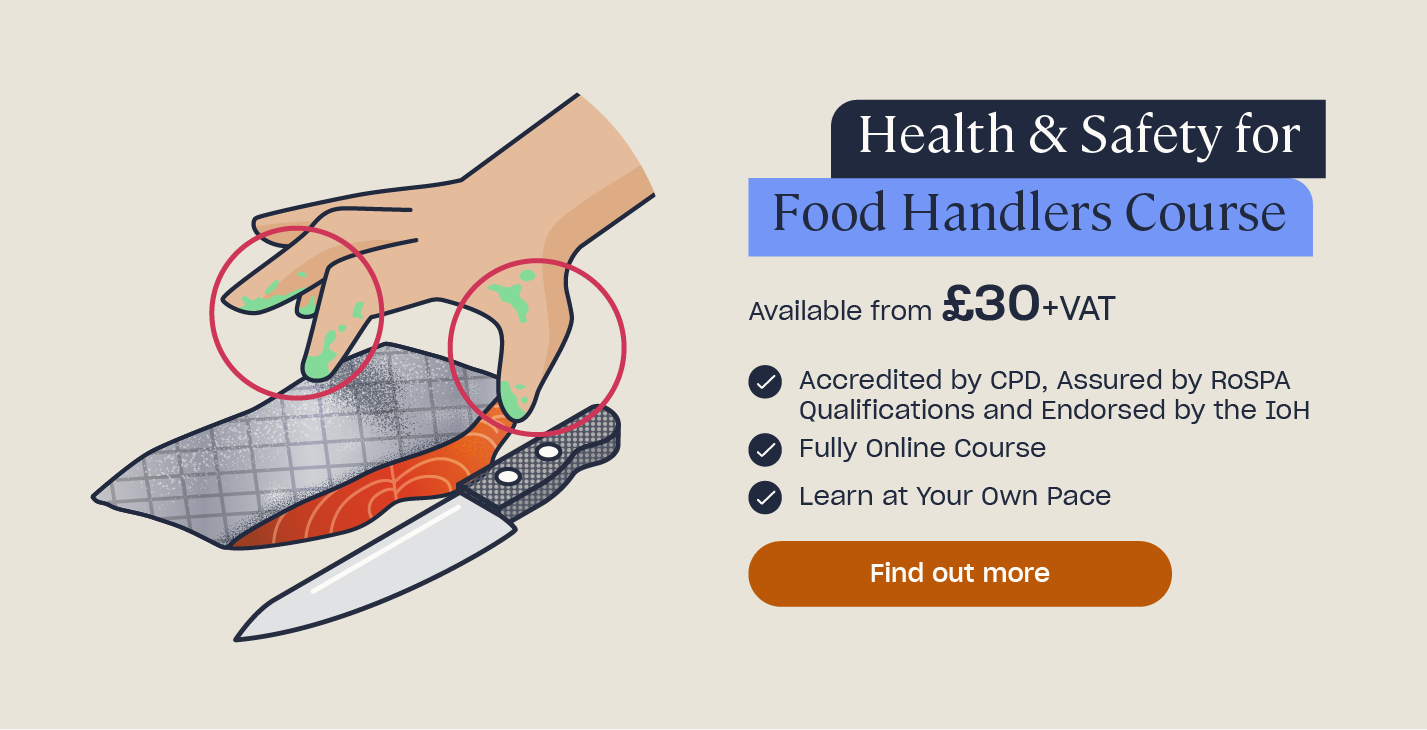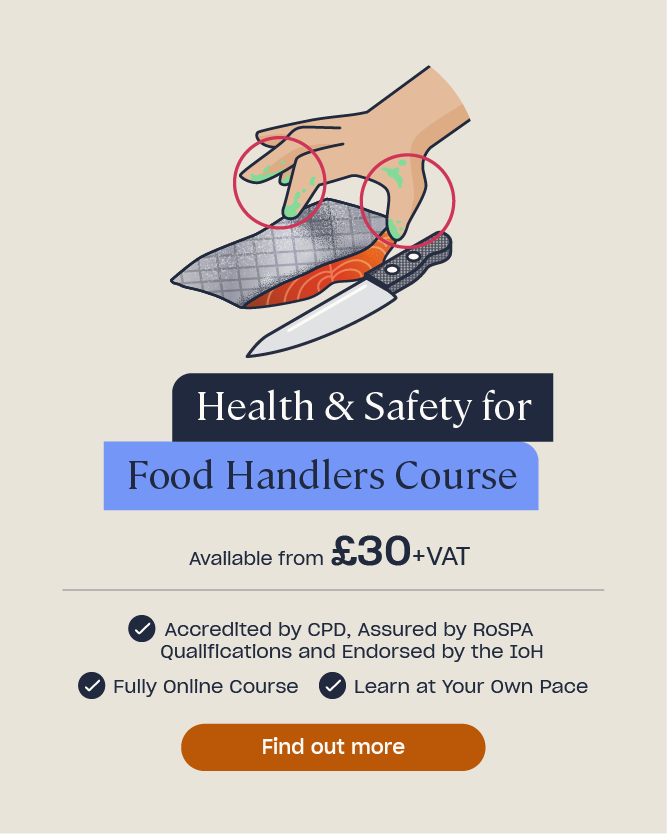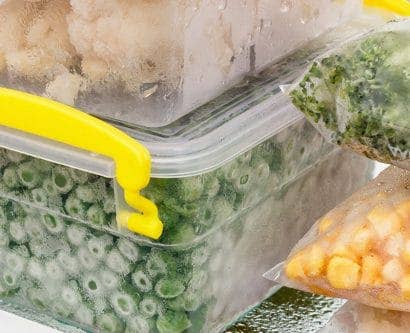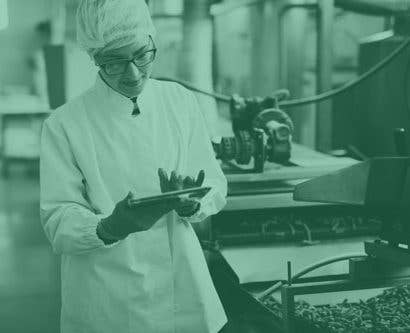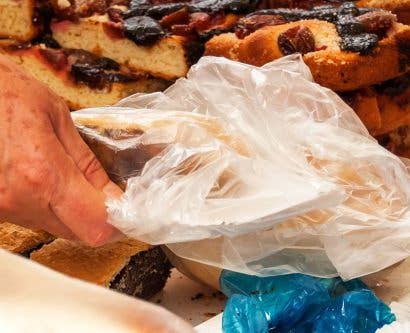Health and Safety for Food Handlers – What Should You Look Out For?
Working in a food premises certainly has its perks; you get to work around the alluring aroma of a brewing coffee or the delectable scent of a three course meal. But it comes with its fair share of health and safety risks that you certainly shouldn’t cosy up to, many of which can be minimised with the simplest of safety practices.
Need a Course?
Our Health & Safety for Food Handlers Training familiarises learners with the types of hazards that may exist in their food premises. It teaches you what to do to help uphold health and safety measures put in place by their employer, and how to carry out work activities in a way that reduces risk.
Depending on the sort of environment you work in, you could be exposed to the threats posed by dangerous equipment, poor housekeeping, harmful substances, and even something as simple yet serious as a lack of awareness. Well, here are some handy tips for keeping both your eyes open at work and nipping risks right in the bud before they sprout into a more dangerous hazard.
Manual Handling in the Food Industry
Did you know that there were 1,431 cases of manual handling related injuries in 2013/14? Manual handling activities may seem basic – simply moving a load from point A to point B – and while this may be true, that’s not to say that the process is free from risks. The presence of obstacles and using poor techniques will not only hinder you from completing the task itself, but also compromises your ability to do so safety, particularly if you carry out manual handling tasks on a regular basis.
Top tips for manual handling:
- Are there any obstacles on your path? Scout the route you’ll be taking before you begin and clear it of anything that could trip you up or that you could get caught on.
- Have you got a secure grip? Consider rethinking your manual handling task if you cannot properly hold the load – you could use assistive equipment or have another person help you if need be.
- Is the floor dry? Slips, trips, and falls account for a colossal number of injuries; there were 7,742 cases in 2013/14 alone. Don’t just sidestep around wet patches on the floor; make sure that you wipe up any spills and that your feet have a firm grip prior to carrying out the task.
- Know your limits. Every person is different and their capabilities will vary depending on a number of factors. Don’t carry out a task if you think you’re unable to do it safely; your wellbeing is more important than showing off!
Do you know your manual handling weight limits? Check out our article to find out.
Hazardous Substances in the Food Industry
Hazardous substances in a food premises must be handled with the greatest care and you should be aware of the risks they pose. This is of vital importance as exposure to hazardous substances usually affect people overtime and onset occupational illnesses, such as dermatitis or asthma. Thus, paying close attention and being diligent by adopting good practices at all times is the best way to prevent that from ever happening.
Top tips for hazardous substances:
- Ensure that all hazardous chemicals are contained in a correctly labelled and clearly marked container, as well as stored safely away from heat sources and food.
- Be aware of what you’re using – inspect the labels and familiarise yourself with the information provided.
- Be sure that the environment in which hazardous substances will be used has sufficient ventilation and is free from sources of ignition.
- Make use of personal protective equipment when necessary – e.g. gloves for when cleaning substances are used – and ensure that it’s suitable for the intended user.
Electrical Safety in the Food Industry
Technology is at the heart of modern society, particularly in the food handling industry. We rely on electricity so much that it’s easy to forget how dangerous it can be if health and safety practices are not adopted. Not only can it pose the obvious threat of electric shocks, but given certain conditions can also prompt the outbreak of a fire and even an explosion. If you’re vigilant in the workplace and put preventive measures into place, however, you should never have to worry about such things.
Top tips for electricity and fire prevention:
- Avoid overloading electrical outlets – overloading outlets will pose serious risks, such as overheating, blowing a fuse, and sparking fires.
- Shut it down if it doesn’t turn on – electrical work equipment must be completely turned off, unplugged, and removed from employees’ access if it appears to be faulty.
- Do not attempt to repair equipment yourself – only a qualified individual or a competent person who has been trained to do so should inspect and repair faulty equipment.
- Do not keep flammable materials near fire exits/routes – if a fire were to break out, they would act as kindling and could cause your escape path to become completely blocked.
Noise Management in the Food Industry
Food handlers in particular will commonly make use of noisy equipment and work in environments that have a lot of ambient noise – mostly in the form of employees using utensils, generating noise through work activities, and travelling back and forth between the dining area and the kitchen. High noise levels at work can lead to hearing damage if not properly controlled. The worst part is: noise-induced hearing loss is incredibly difficult to even notice until it has reached chronic levels and has become irreversible. Don’t let it reach this point; preventive measures are of the utmost importance.
Top tips for noise management:
- Separate areas where noisy activities are carried out from other areas – some noisy tasks will be unavoidable, but you can reduce the number of people at risk by separating areas.
- Make use of personal protective equipment – reducing the individual’s dB exposure to an acceptable level is a good preventive method when the task cannot be avoided.
- Job rotation will effectively reduce the amount of noise to which the individual is being exposed, as they spend less time involved in the noisy activities.
- Measure the levels of noise in your workplace, while also paying close attention to individuals’ levels of exposure if they carry out isolated tasks.
Stress Management in the Food Industry
Stress can affect anyone – at any level of a business, in any industry. If you feel like stress is a product of being at work, then don’t simply shrug it off thinking to yourself ‘oh well, that’s working life.’ It shouldn’t be that way – you should feel motivated and valued in your role. Without either of these feelings, chronic levels of stress are likely to arise.
Further Resources:
- Level 2 Food Hygiene Training For Food Handlers
- Should I Store Open Food Cans In The Fridge?
- Food Hygiene Rules and Guidance
- Training in Health and Safety for Food Handlers
- Food Handlers Fitness to Work Form: Free Template


